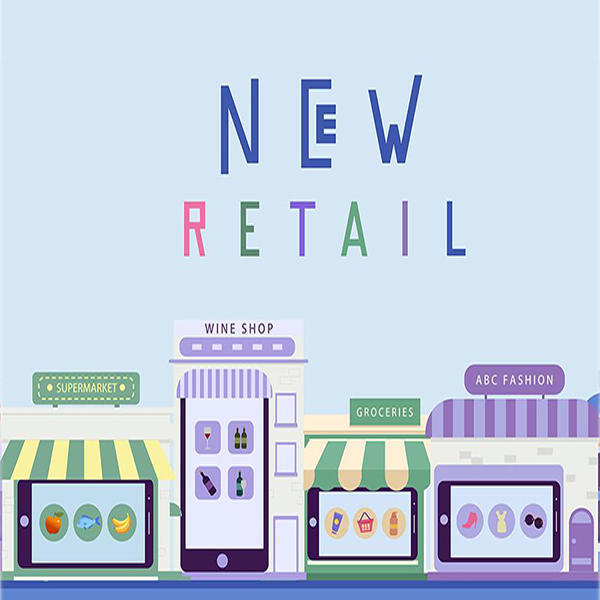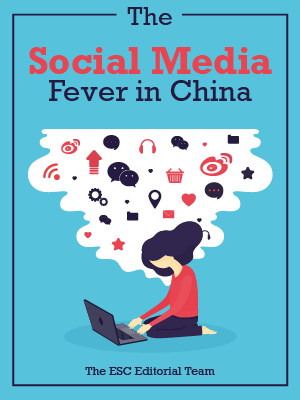Ecommercestrategychina.com uses cookies and other technologies to provide you a better browsing experience. You can get more information regarding the use of cookies, or decline it whenever by clicking Privacy Policy. By using this site or clicking “Okay”, you give us the consent to the use of cookies.
OKAY
It is rumoured that Alibaba is in talks with Metro, a German wholesale/cash and carry company, about taking a stake in their China operations. Already last year there had been news about the cooperation between Tencent and Metro, which ended with nothing specific. The talks are still at an early stage and may be fall apart, according to the sources.
Metro operates 95 stores in China and has been struggling with profitability in recent years. In 2017, the company achieved revenue of 213 million RMB. However, the number of stores is far behind Walmart and Carrefour, which entered the Chinese market almost at the same time. Once a retailing conglomerate, Metro has been restructuring and updating recently to increase sales. As reported by Bloomberg, the company is ready to sell as much as 80% of its Chinese business to a local bidder. Apart from Alibaba, there are also other participants in the early discussions with Metro, with an official sale process to start soon. Whether Metro becomes partner or competitor of Alibaba, remains uncertain before everything is finalised.
The New Retail rush in China is driving tech giants like Tencent, JD and Alibaba to expand their offline footprints. So far, the two big companies, Alibaba and Tencent, have entered into partnerships with most of the retail groups in China. Therefore, the competition has slowed down.
Metro and Alibaba already partnered a long time ago. Already in 2015, Metro launched an exclusive official store on Alibaba’s Tmall Global Platform and collaborated with Alibaba to strengthen its supply chain management, cross-border commerce and big data capabilities. At the same time, it also worked with Alibaba’s logistics arm, Cainiao Network, to increase its delivery efficiency and reduce supply chain costs.
What is Alibaba’s New Retail Strategy?
Since Jack Ma introduced the New Retail concept in 2016, whose core is to connect the online and offline experience seamlessly, Alibaba has made significant investments in physical space. Intime is the start of Alibaba’s retail expansion. In March 2014, before its Initial Public Offering in NYSE, Alibaba announced a strategic investment of HKD 5.37 billion in Intime, which operates 29 department stores and 17 shopping malls across China, to connect the membership, payment and merchandising systems of both companies with each other. Then in January 2017, Alibaba lodged a $2.6 million offer to fully acquire Intime.
The investment of Alibaba in Intime is up to RMB 17 billion. However, the total amount is much higher and has been distributed among several retail giants. Here is an overview of Alibaba’s physical retail footprint.
- In August 2015, Alibaba invested RMB 28 billion in Suning Commerce, a Chinese retail chain owned by the Suning Holdings Group and held 19.99% of its stock.
- In November 2016, Alibaba’s subsidiary paid RMB 2 billion for 32% of Sanjiang Shopping, a supermarket chain.
- In February 2017, Alibaba acquired an 18% stake in the Lianhua supermarket chain. It mainly operates hypermarkets, supermarkets, and convenience stores and has a total of 3,618 stores across 19 provinces and municipalities in China.
- In September 2017, Alibaba paid RMB 548 million in return for a 5% stake in Xinhuadu, which owns department stores and engages in the sale of food, oil products and non-staple foods.
- Alibaba invested $2.88 billion at the end of 2017 to acquire a 36% stake in the Sun Art Retail Group. In China, there are over 400 hypermarkets under the banners of Auchan and RT-Mart.
With the above five investments and spending on the acquisition of Intime, it is estimated that Alibaba will spend over RMB 70 billion on offline retail space. Besides the acquisition of traditional retailers, Alibaba is also pouring the capital into transforming high-street shops and upgrading its retail offering - Hema Supermarket, now known as Freshhipppo, launched in January 2016. In Hema, customers start shopping by downloading the mobile app that links them to their Taobao or Alipay accounts and then can have a fully mobile-powered experience. By January 2019, there were already 119 Hema stores in China.
Please Login to add comments.

$9.99 $19.98

$9.99 $19.98
By GRLpGpAG December 7th, 2023
555
By GRLpGpAG December 7th, 2023
555
By GRLpGpAG December 7th, 2023
555
By GRLpGpAG December 7th, 2023
555
By GRLpGpAG December 7th, 2023
555
By GRLpGpAG December 7th, 2023
2K9hnx5b
By GRLpGpAG December 7th, 2023
-1 OR 2+366-366-1=0+0+0+1 --
By GRLpGpAG December 7th, 2023
-1 OR 2+967-967-1=0+0+0+1
By GRLpGpAG December 7th, 2023
-1' OR 2+557-557-1=0+0+0+1 --
By GRLpGpAG December 7th, 2023
-1' OR 2+82-82-1=0+0+0+1 or 'zApMZszd'='